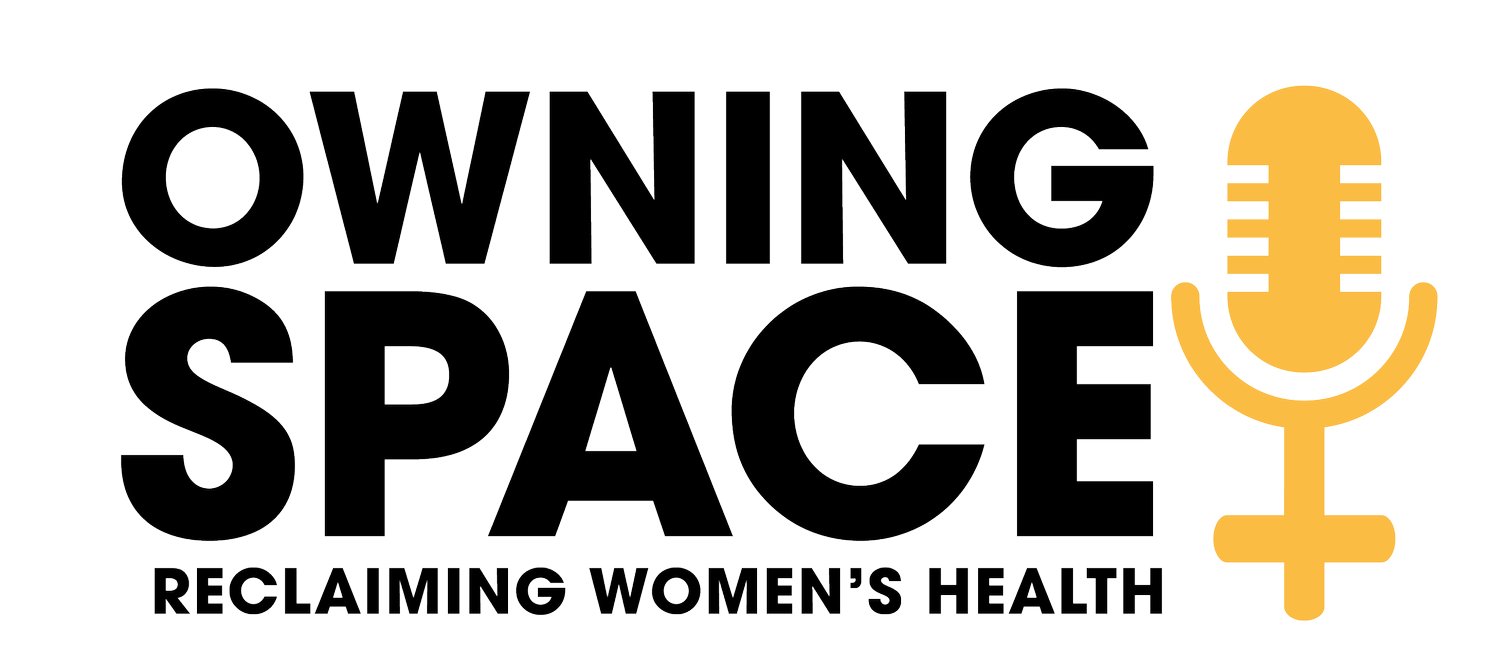My journey started with endometriosis, a diagnosis that came more than a decade after I first said I was in pain and knew something was wrong.
Over ten years of being dismissed, misdiagnosed, and gaslit. I was called unlucky. Told the pain was in my head. That I just had to accept it and get on with it. I was offered a long list of damaging over-the-counter meds, hormonal pills, and temporary fixes – but no real answers.
Meanwhile, I couldn’t stand up during my period. Sometimes I couldn’t even breathe through the pain. The NHS never offered me an MRI – so I paid for one myself. That scan finally confirmed what I’d known all along: something was wrong. And that it had likely been going on since I was a teenager.
Even then, I was placed on a two-year waiting list for surgery. But the pain became unbearable. I couldn’t wait. I ended up going private and paying for the procedure just to be able to function again. It was a privilege I don’t take for granted for a second. At the same time, no one should have to go out of pocket for such a critical operation.
Like so many women, I learned to shrink my symptoms. To mask the pain. To survive in silence. But that silence left a mark – and it also lit a fire.
Since then, I’ve thrown myself into the women’s health space. I’ve researched, connected, and listened to story after story that made me cry, made me angry, and made me even more determined to do something about it. Because what I’ve learned is this: it’s not just endo. It’s not just hormones. And it’s not just periods.
This is about women’s health. About trauma. About the countless conversations that are still under-researched, under-funded, and deeply misunderstood – especially when it comes to women and the female body.
I’ve spent over 15 years working in consumer research and insights – helping some of the world’s biggest brands understand people, culture, and behaviour. Now, I’m using those same skills to amplify the stories that need to be heard.
That’s how Owning Space was born – a podcast reclaiming the narrative around women’s health.

